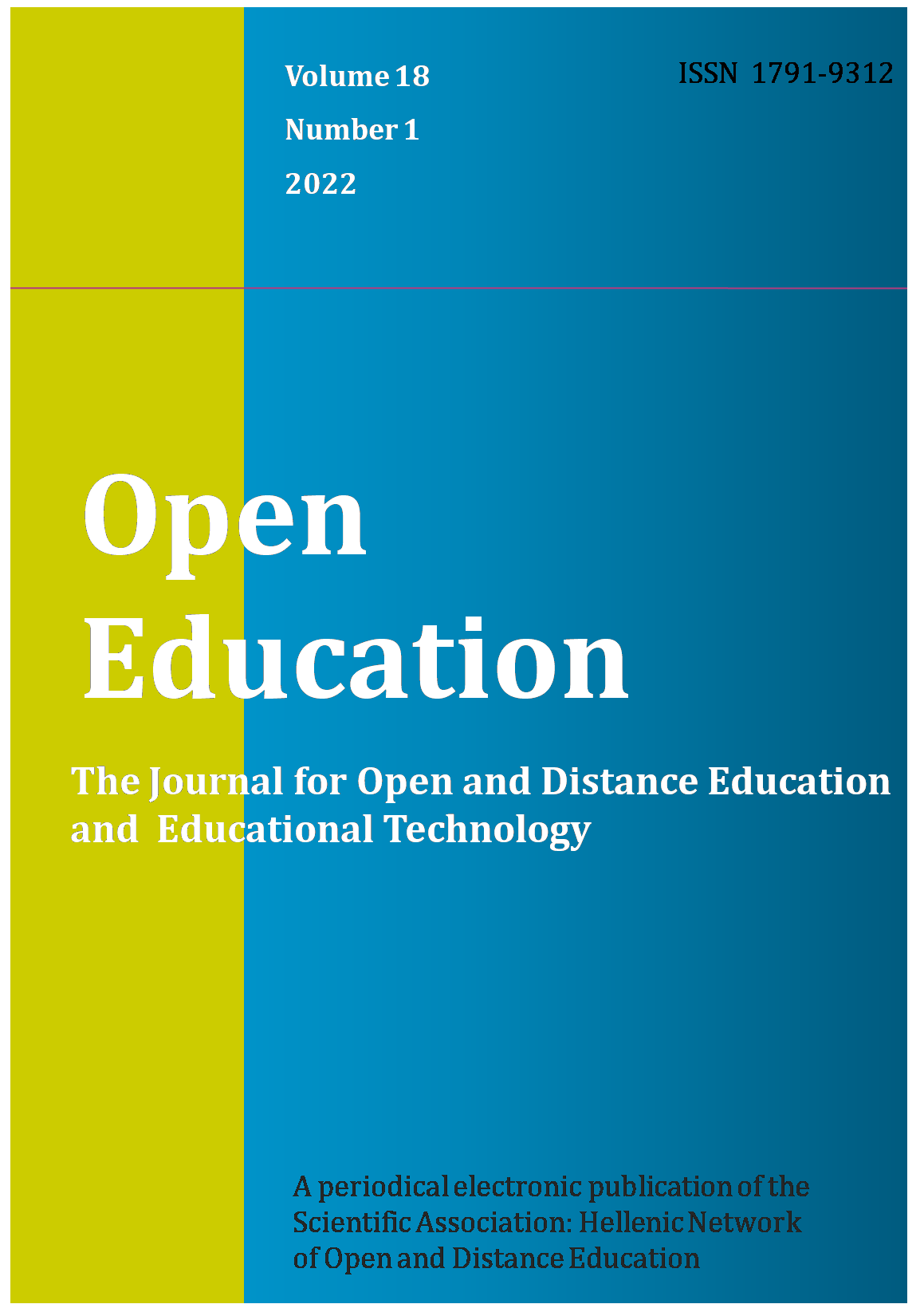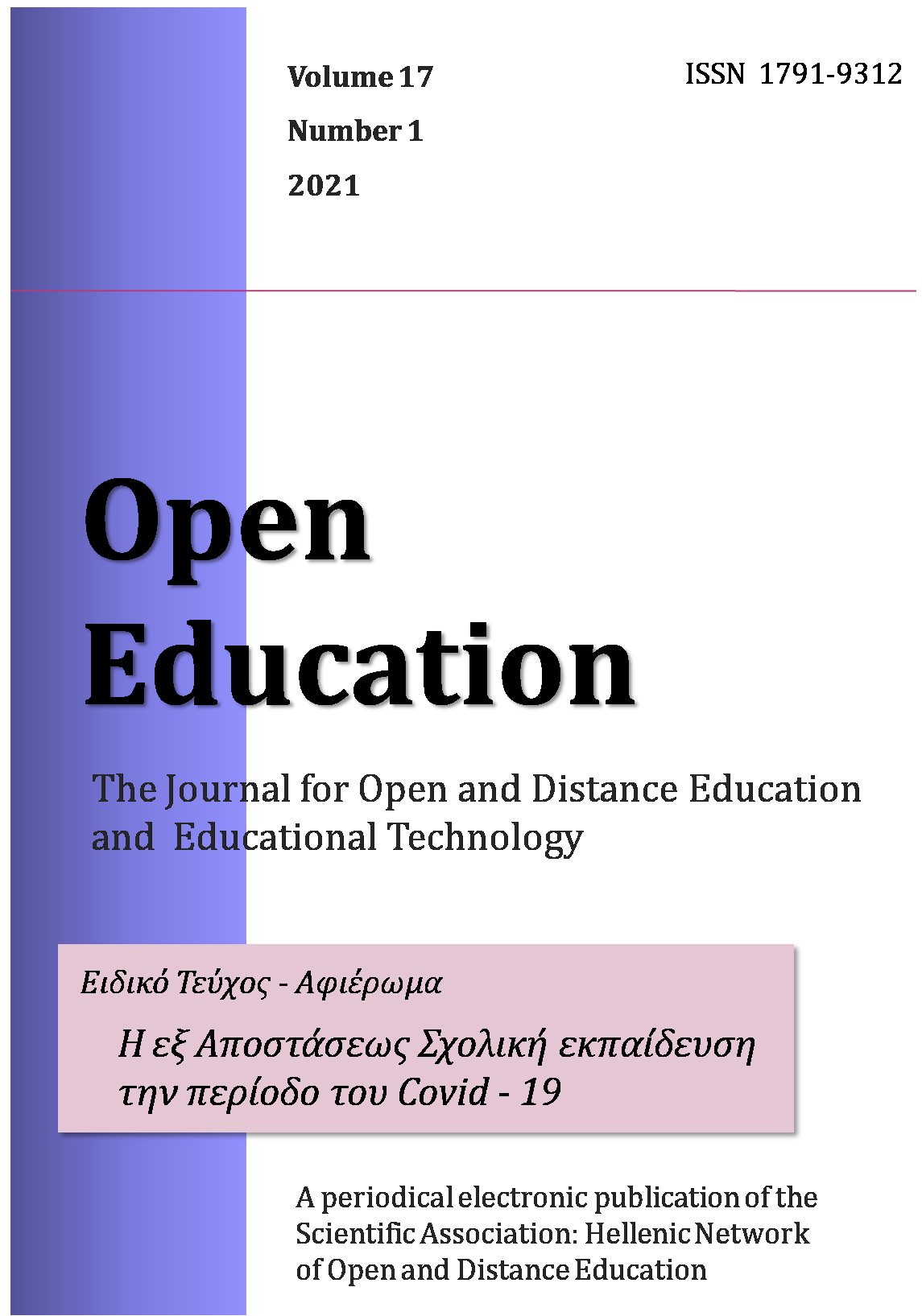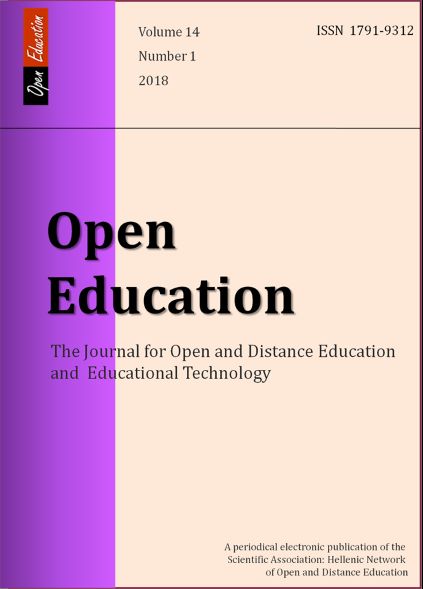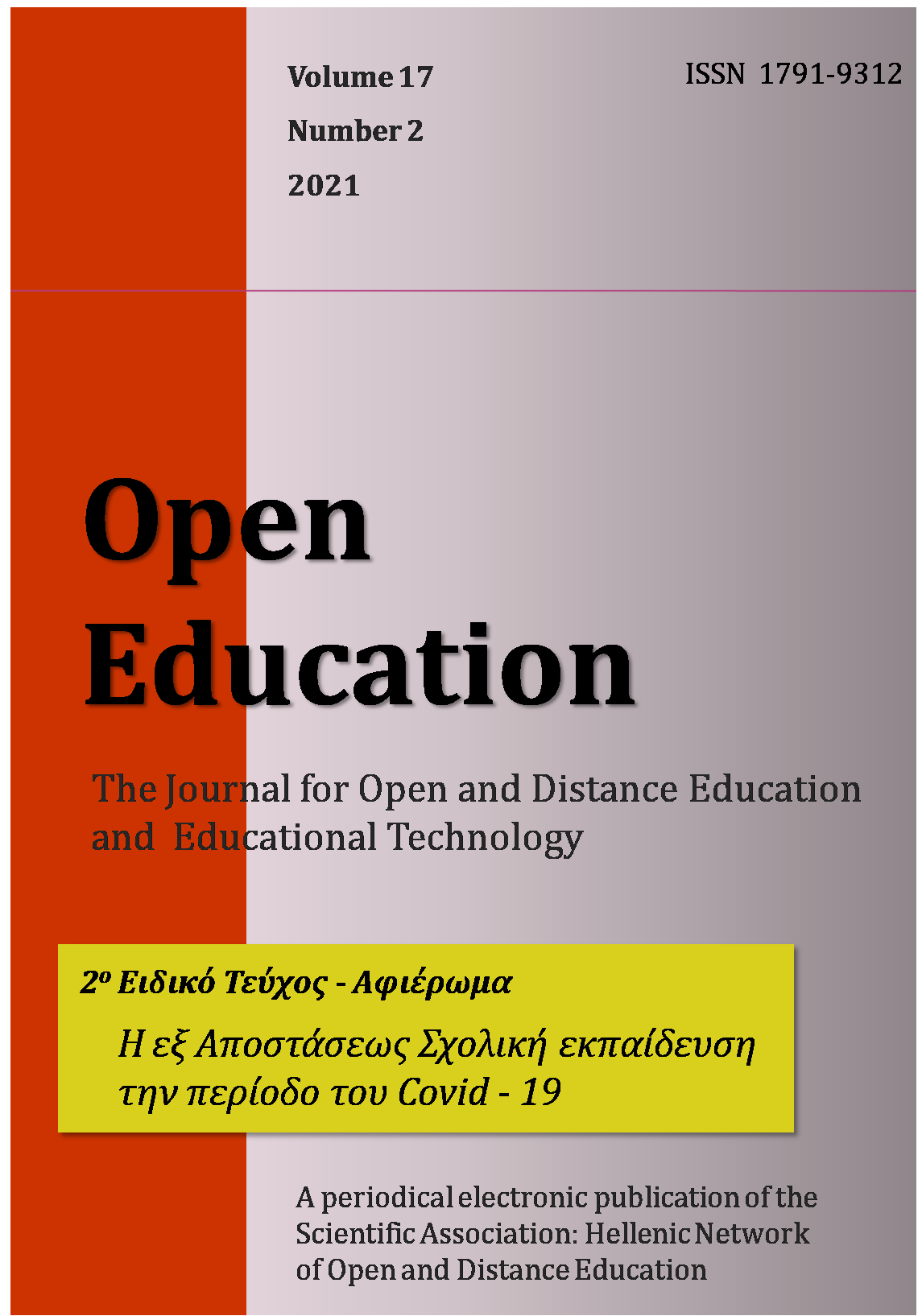Support and distance training of health professionals on mental health and psychosocial support for migrants and refugees

Abstract
This study focuses on the education of health professionals involved with psychosocial support for refugees. In order for the support of vulnerable groups to be effective, it is important first of all to become conscious and process their personal assumptions in relation to their profession and in relation to others and their needs. Cultivating reflective skills for health professionals could positively enhance both the provision of their services and their personal and professional development. Using the example of an e-learning training program, an attempt is made to investigate how health professionals think according to their education, stereotypical perceptions and their relationship with the refugee patient. The participants in the program were 135 health professionals of various specialties (doctors, nurses and social workers) serving in the Prefecture of Achaia, with relevant experience in migrant structures. Out of these, 89 people completed the LAS questionnaire with adjustments, after the end of the programme in the period between February-July 2020. The findings of the research show that a distance learning programme has the potential to provide reflective opportunities and awareness of migrant issues, as long as it is properly organised in this direction.
Article Details
- How to Cite
-
Iliou, T., Konstantopoulou, G., Raikou, N., & Giossos, Y. (2022). Support and distance training of health professionals on mental health and psychosocial support for migrants and refugees. Open Education: The Journal for Open and Distance Education and Educational Technology, 18(1), 203–215. https://doi.org/10.12681/jode.26604
- Section
- Section 1
Copyright Notice
Authors who publish with this journal agree to the following terms:
Authors retain copyright and grant the journal right of first publication with the work simultaneously licensed under a Creative Commons Attribution Non-Commercial License that allows others to share the work with an acknowledgement of the work's authorship and initial publication in this journal.
Authors are able to enter into separate, additional contractual arrangements for the non-exclusive distribution of the journal's published version of the work (e.g. post it to an institutional repository or publish it in a book), with an acknowledgement of its initial publication in this journal.
Authors are permitted and encouraged to post their work online (preferably in institutional repositories or on their website) prior to and during the submission process, as it can lead to productive exchanges, as well as earlier and greater citation of published work.





